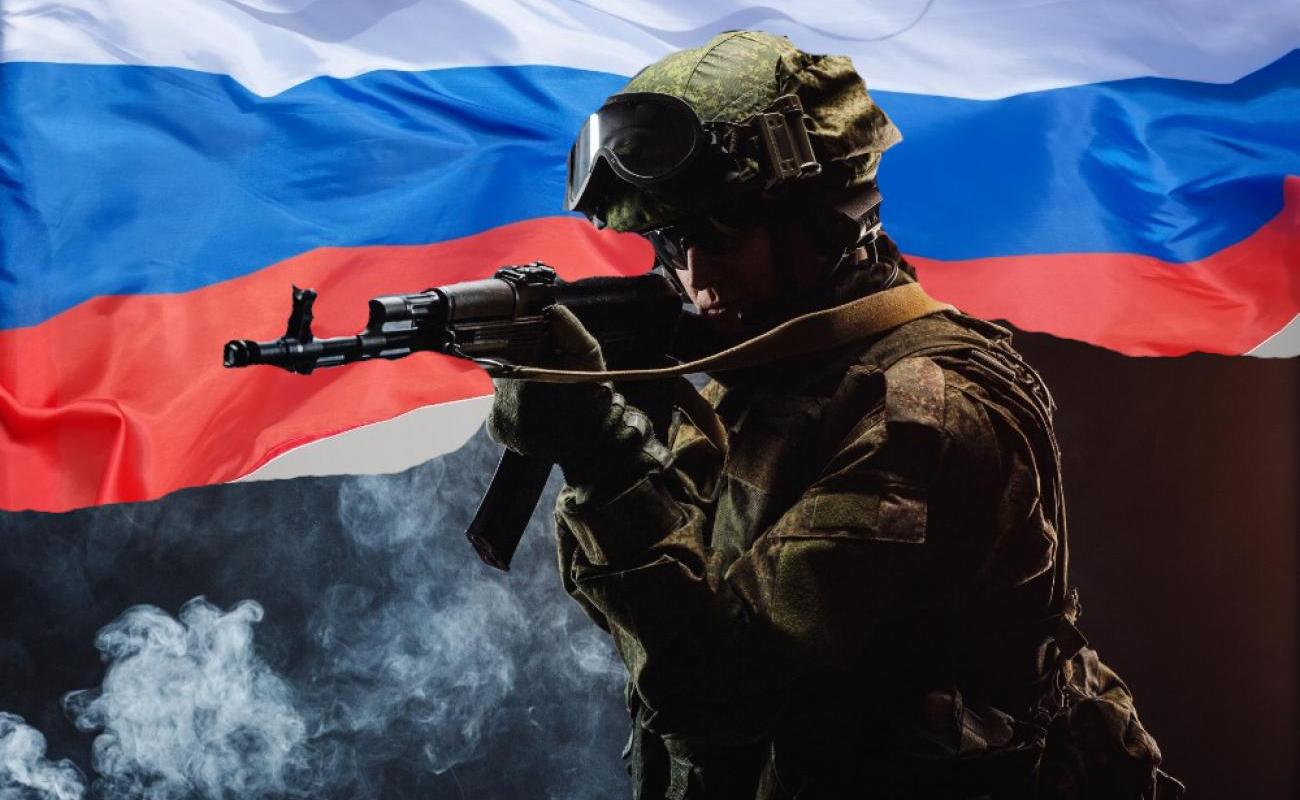Why Russian Soldiers Are Refusing To Fight In The War On Ukraine

For four and a half months, Corporal Ilya Kaminsky and his fellow soldiers from the 11th Separate Air Assault Brigade have waged war as part of the grinding Russian military offensive that has slowly pushed Ukrainian troops back in eastern Ukraine.
By early July, Kaminsky said, he'd had enough: He refused to fight, one of 78 soldiers from his brigade who have refused orders.
"I'm morally exhausted. There is absolutely no trust in the authorities and the higher command, from the very first word,” Kaminsky, 20, told Current Time in a phone interview on July 17, recorded from an undisclosed location in the Luhansk region of eastern Ukraine.
“Because they ignore everything. They ignore any requests. They began to stir and offer up some alternatives when people started specifically saying no,” he said. “I’m tired. Homesick. My daughter was born three months ago. I still haven’t seen her.”
Nearly five months into the largest war in Europe since World War II, a growing number of Russian soldiers like Kaminsky are refusing to fight, demanding to return home, or outright not going to Ukraine in the first place. Russian rights activists say hundreds, possibly thousands of troops are balking at orders to deploy, to keep fighting, or to remain on the battlefield without rotating out or home.
Of the 78 soldiers from Kaminsky’s unit who have disobeyed orders, some have been ordered held in a makeshift brig for days, he said.
The refusenik troops add to Russian commanders’ headaches as they struggle to replenish spent and exhausted units across the roughly 480-kilometer (300-mile) front line stretching from east of Kharkiv in the northeast down to Kherson in south-central Ukraine.
Western intelligence agencies say Russia’s losses are substantial; a top British military commander told the BBC this week that up to 50,000 Russian troops have been killed or wounded since the invasion was launched on February 24.
The Kremlin has declined to call for a general mobilization to replenish lost troops, instead using what analysts have described a “covert, hybrid” campaign to recruit fresh troops: using private military companies, extended age limitations, lucrative financial incentives, and sometimes coercive persuasion to bolster the ranks.
'I'm Warning You, This Is A Final Offer'
Paratroopers from the 11th Separate Air Assault Brigade, based outside Ulan-Ude, the capital of the Buryatia region in eastern Siberia, arrived in Ukraine’s Kherson region on February 24, shortly after Russia’s invasion began.
At some point, Kaminsky's unit was then transferred to Luhansk, in Ukraine’s Donbas region.
In phone conversations with Current Time, he said troops were not granted any leave for 4 1/2 months, even as the losses and casualties for the brigade mounted: Up to half of the brigade’s personnel -- around 1,000 -- have been either killed or wounded in action, he said.
Early in the war, Kaminsky said, commanders ordered the brigade to defend a line opposite Ukrainian forces that stretched up to 64 kilometers in length (40 miles)— about four times what the brigade’s troop strength could reasonably protect.
At another moment, he said, unit commanders ordered a squad of five soldiers to try to seize a nearby settlement defended by up to 200 Ukrainian soldiers.
Kaminsky said discontent had been building in the unit for weeks, if not months. He said he himself had written some 20 complaints and demands for reassignment, but his superior officers had rejected them -- or even tore the papers up completely.
In all, 78 soldiers including Kaminsky openly challenged his orders, and demanded to be either sent home or reassigned, he said.
Unit commanders then staged an intervention. According to an audio recording shared with Current Time, commanders met with the insubordinate soldiers on July 17, alternately threatening, begging, and trying to coerce them to remain in service or rescind their resignation requests.
“Command post guard duty? Artillery sentry duty? Anybody want it?” the commander, a lieutenant colonel identified only by his surname Agafonov, can be heard telling the soldiers. “Brigade commanders ask who wants to guard the second gunners’ unit. Anyone? Three days of duty?”
“They’re making everything so easy for you, guys. I’m warning you, this is a final offer,” he is heard telling the soldiers. “If no one’s willing to take the offers from the brigade commanders, I won’t detain you. But you have until 6 p.m. today. After that, I won’t look at any new offers.”
